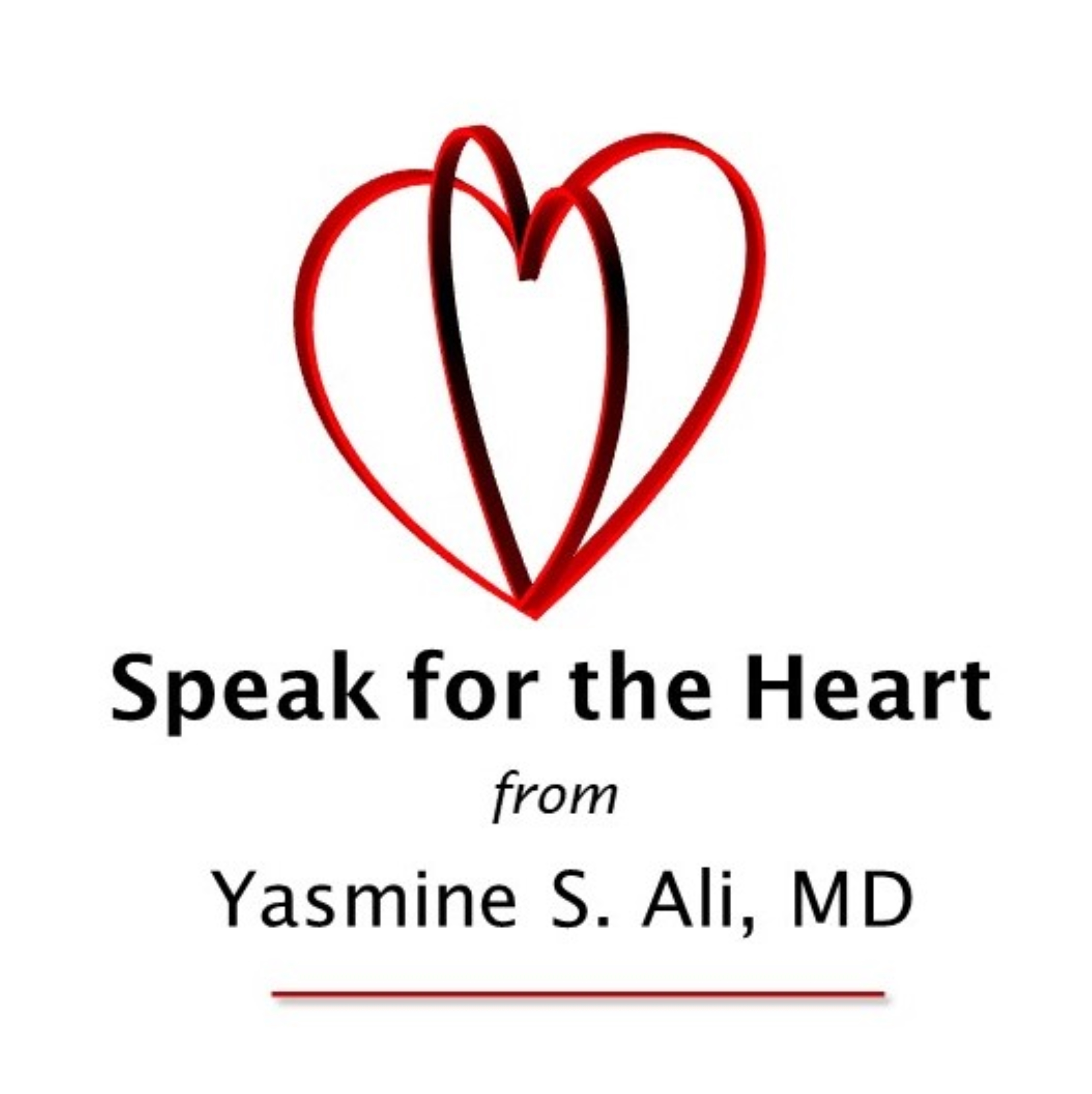Physicians and scientists can be fantastic sources of medical and scientific information that the general public needs; most members of a general audience are looking for trustworthy information that they can understand and apply to their own lives.
But how can physician writers and others translate specialized knowledge (which often comes with its own specialized jargon) into terms that a general audience can understand?
Here are 3 tips to keep in mind:
1. Know Your Target Audience.
This, of course, applies to any writer, but for physicians and other medical writers, the knowledge that you wish to share may be so specialized that there are many different levels as to what “more general” can mean. If you’re a cell biologist and are relaying your findings to a diverse group of physicians in clinical practice, that will be a more general audience for you than a group of fellow cell biologists.
And if the same cell biologist wants to share important studies or research findings with a group of pre-med students, that will be a still more general level than that of the clinicians; translating the same information for the general public, many of whom may have no background in science, will be an even more general level still.
So figuring out and understanding your target audience is crucial. Institutional review boards (IRBs), for instance, may specify writing to a particular educational level (often 8th grade) when designing informed consent forms. Health blogs and sites, such as Verywell Health, often ask their physician and other writers to share information at no more than a college level (and sometimes a GED level).
2. Be Prepared to Adopt a More Conversational Tone.
When writing prescriptive non-fiction or self-help books for the general public, a more conversational tone is helpful, and this can be difficult to adopt after writing for peer-reviewed medical and/or scientific publications for so long. For the latter, third-person and passive voice are used, whereas for the former it’s second-person and active voice that your editor (and your audience) wants—and contractions and exclamation points can be okay!
The same applies to articles and essays written for newspapers and general-interest outlets like consumer magazines. One of the easiest ways to check yourself on this is to read what you have written aloud, to yourself or to someone else who isn’t in your field. If you’re a physician, think of one of your patients. Would it be understandable to her? Would it be something he would want to pick up and read?
3. Be Mindful of Abbreviations.
We physicians and medical writers are often so accustomed to using multiple abbreviations—for everything, it seems—that we may not even realize when we are doing it, or realize that not everyone is familiar with even our most common abbreviations.
For example, here are just a few of the abbreviations that editors and non-medical beta readers of my articles and manuscripts have called into question, not knowing or not sure what they stood for: CCU (coronary care unit), MICU (medical intensive care Unit), BMI (body mass index), MI (myocardial infarction).
As with the last one, myocardial infarction, in addition to spelling out the abbreviation, you may also have to explain what the term itself means: many people won’t know that a “myocardial infarction” is a heart attack; it is just not part of the general lingo for the average non-medical audience.
A good rule of thumb (and a recommendation of most style guides) is to limit the number of abbreviations you use, and if you find it preferable to use an abbreviation, then write out the full term the first time you use it, followed by its abbreviation in parentheses; thereafter, you can use just the abbreviation. For example: “I went to see my patient in the coronary care unit (CCU). She had been in the CCU for less than 24 hours.”
Writing for a general audience can be fun and rewarding—and an important source of valuable information that the general public needs to know and can use. Keep the above tips in mind, and you’ll be well on your way to becoming known as an “accessible expert”!
Sign up for “The Writer Is In” newsletter and never miss a post: https://yasminealimd.com/newsletter-sign-up/



